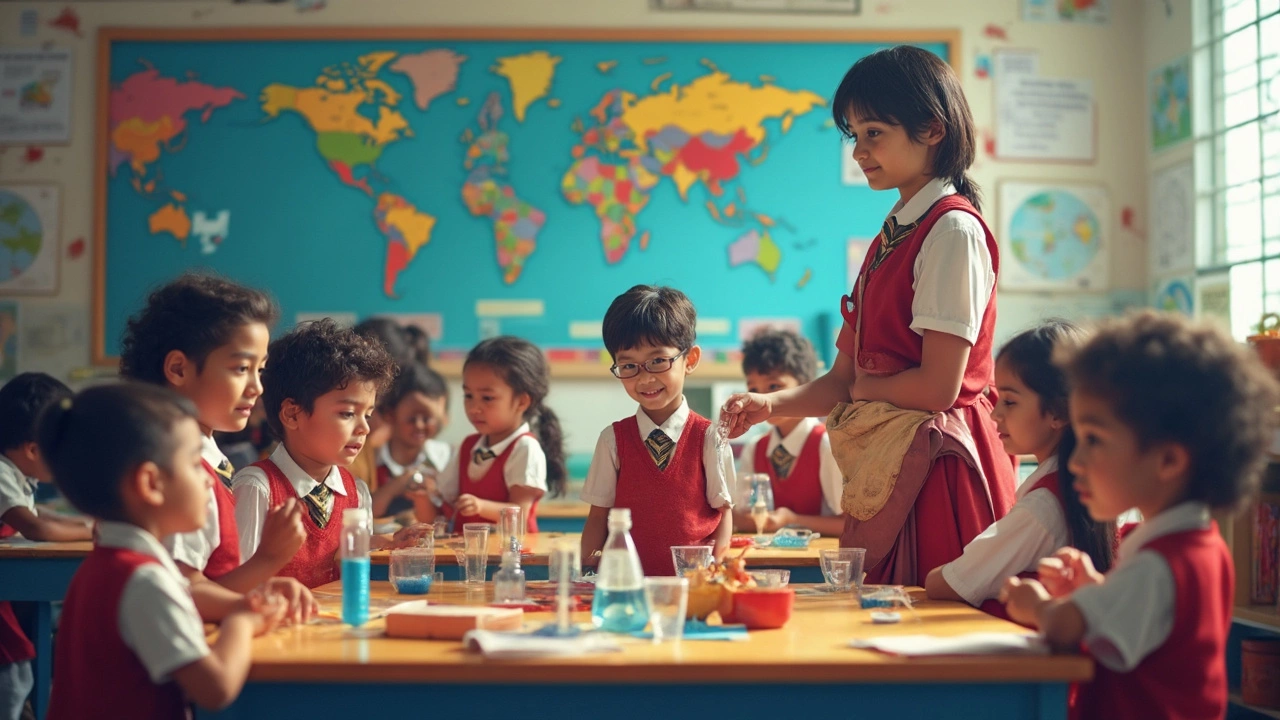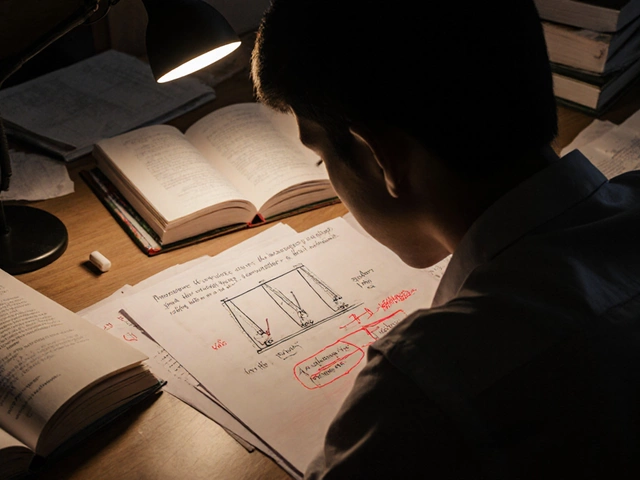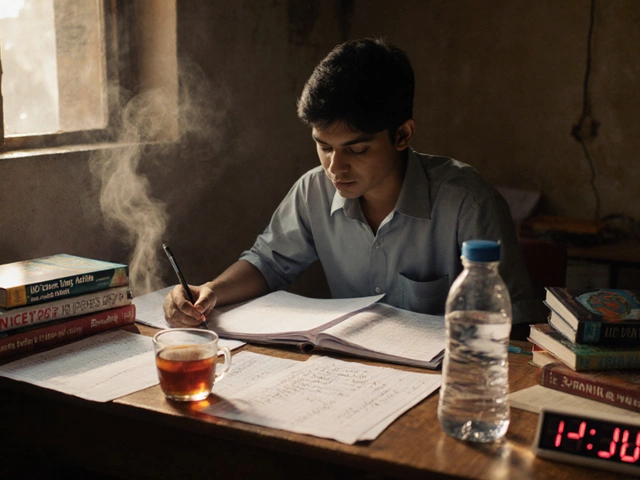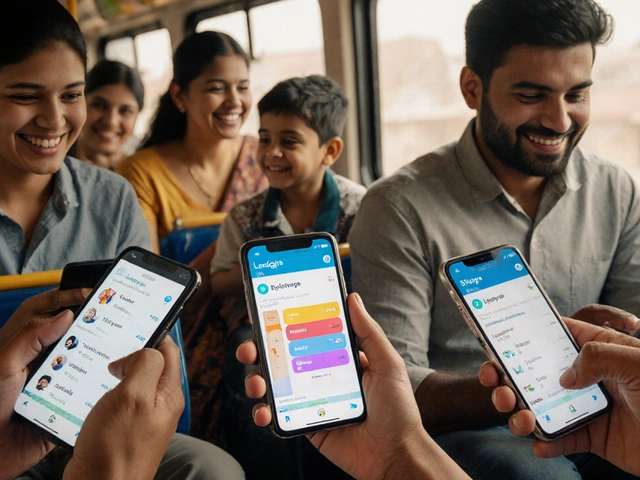Alright, so let's talk about CBSE schools in India. These are not your regular neighborhood schools—these are part of the Central Board of Secondary Education, which is a big deal in the Indian education system. If you've heard of standardized curriculum and nationwide recognition, that's exactly what CBSE is about.
What's cool about CBSE schools is their structured approach. They use a set syllabus that's the same no matter where you're studying in India, so you can imagine there's a lot of consistency here. This means kids in Delhi and Bangalore are learning the same things, and it all builds up nicely from primary up to secondary education.
People often choose CBSE not just for the curriculum but also because it focuses on a student's overall development. We're talking about a combination of academics and extracurricular activities. So, if you want your kid to be book-smart and have some real-world skills, CBSE schools have your back.
But how to choose the right CBSE school? Look for schools that balance between academics and other activities, have a good atmosphere, and offer the right guidance for competitions and exams. That's where you wanna send your kid!
- What is CBSE?
- The Structure of CBSE Schools
- Key Benefits of Studying in CBSE Schools
- Tips for Choosing the Right CBSE School
What is CBSE?
Okay, so you might have heard the term CBSE tossed around when talking about schools in India, but what is it really? CBSE stands for the Central Board of Secondary Education. It's like the big boss of school boards in India, and it's directly under the governance of the Indian government.
The board was first established way back in 1929, which is basically ancient history in educational terms. But what makes CBSE special is its standardized curriculum that’s followed across the nation. It's legit designed to provide a consistent learning experience for all the kids, no matter if they're in a bustling city or a quiet town.
CBSE schools use English as the primary language of instruction, which is a big deal for students who might end up aiming for opportunities abroad someday. The syllabus is fairly broad, covering essential subjects like math, science, and the humanities, which prepares students for a bunch of competitive exams. And here’s a fun fact: CBSE is known for prepping students for entrance tests like JEE and NEET, which are crucial for getting into top engineering and medical colleges in India.
A cool thing about CBSE is that it's not just about hitting the books. They emphasize a more rounded approach to education with sports and extracurricular activities. So there's a good balance between being academically sound and also having practical skills that help in real life. Basically, students get a chance to grow in multiple areas, not just academics.
In short, CBSE is about preparing students not just for exams, but also for life. It's kind of a big deal when it comes to the Indian education scene.
The Structure of CBSE Schools
Diving into the setup of CBSE schools, you'll find they follow a well-defined structure. This is designed to standardize education across the huge diversity of India. It starts from Primary School (Classes I to V), moves through Middle School (Classes VI to VIII), then into Secondary (Classes IX and X), and finally ends with Senior Secondary (Classes XI and XII).
Here's a neat thing about the curriculum: it’s not just about cramming books. CBSE emphasizes a broad approach, mixing academics with co-curricular activities. While English is the main language of instruction, regional languages aren't left in the dust; they’re part of the mix too.
When it comes to the syllabus, the board updates it regularly to stay contemporary and relevant. This means students learn what's actually useful out there in the big wide world, not just outdated info. Everything is set to prepare students for all kinds of national entrance exams. No wonder parents see CBSE as a stepping stone to universities!
| Level | Classes | Age Group |
|---|---|---|
| Primary | I-V | 6-10 years |
| Middle | VI-VIII | 11-13 years |
| Secondary | IX-X | 14-15 years |
| Senior Secondary | XI-XII | 16-18 years |
By the secondary level, students start prepping for board exams. These exams are not just bookmarks for finishing school but are critical in deciding what career paths or further education options lie ahead. So, there's a lot riding on these scores. But don't worry, CBSE schools are pretty good at getting students ready for these big moments.
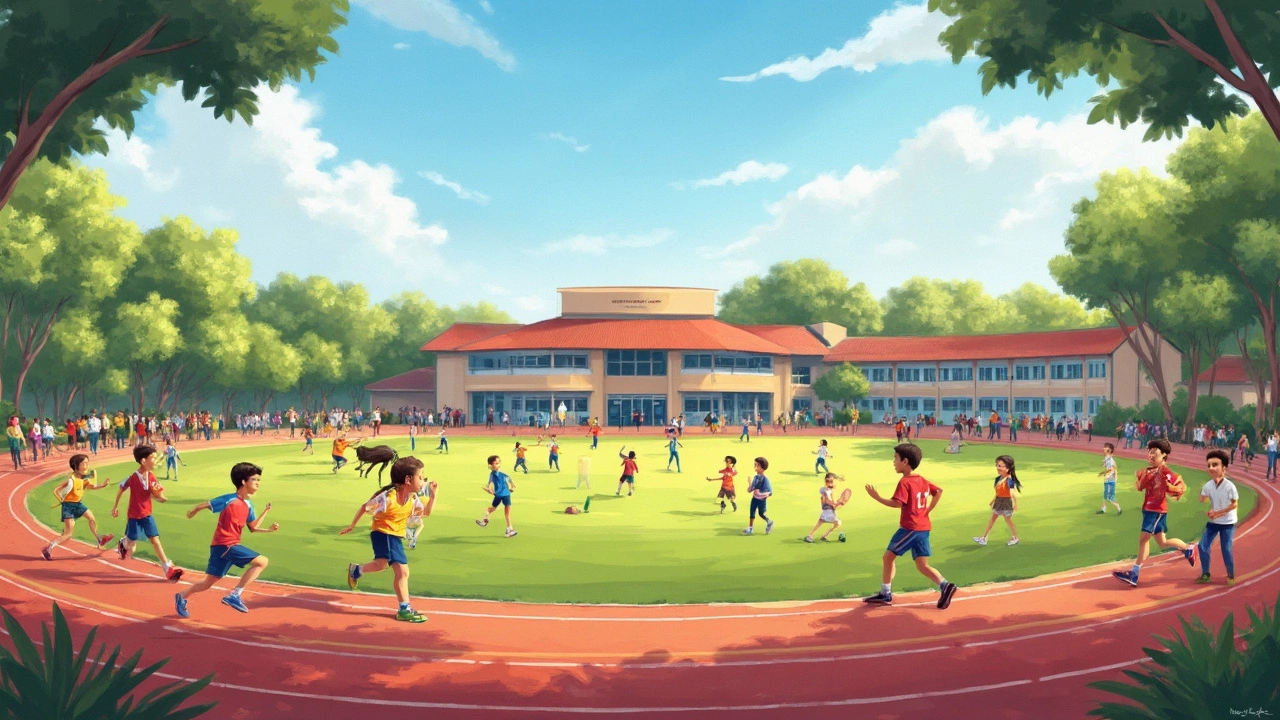
Key Benefits of Studying in CBSE Schools
So, what makes CBSE schools in India stand out? For starters, they use an all-India curriculum that's consistent and focuses on quality education. This means wherever you are in the country, you’re getting the same standard of education, which is super helpful if you ever have to move.
One major plus is the CBSE syllabus itself. It's designed to get you ready for all sorts of competitive exams. If you're aiming for things like IITs or medical schools, CBSE does a great job at prepping you without needing a gazillion extra coaching classes.
Another cool thing is the focus on English. Nearly all CBSE schools use English as the medium of instruction, which is handy since most Indian entrance exams are conducted in English, and knowing the language well opens up a ton of opportunities globally.
These schools don’t just hammer you with academics. They give equal importance to sports and other extracurriculars, which means you're gaining more than just book smarts. This balanced approach makes students pretty well-rounded and prepared for real life.
For parents, it’s also reassuring that CBSE schools tend to use modern teaching methods. Interactive classes and project-based learning are not just buzzwords here—they’re a real part of how kids are taught to think critically and solve problems.
Lately, some surveys show that students from CBSE backgrounds perform exceptionally well in international assessments, often ranking above peers from different school systems in subjects like math and science. This shows how the combination of strong academic and supportive extra-curriculars sets students on a successful path.
Tips for Choosing the Right CBSE School
Choosing the right CBSE school for your child can feel like a big decision, but it doesn't have to be overwhelming. Here's a roadmap to help you navigate this process and make a choice that benefits your child in the long run.
First things first, check out the school's reputation. Look for feedback from other parents and students. Online reviews can be helpful, but personal recommendations from people you trust are gold. A school's track record in academics, sports, and extracurriculars can tell you a lot about what they're doing right.
Pay attention to the infrastructure. A great CBSE school should have good facilities like science labs, libraries, sports areas, and even art studios. The environment plays a massive role in a child's learning, so make sure the school provides an atmosphere conducive to both study and personal growth.
Next, consider the teachers. They're the backbone of any school. Get to know the quality of teaching, their qualifications, and how they engage with the students. A school that holds regular teacher training sessions and upskilling is usually a step ahead.
Go through the CBSE syllabus and how the school implements it. Each school might have a different way of executing the syllabus, focusing more on rote learning or practical application. Choose what suits your child's learning style.
An often-overlooked aspect is the student-teacher ratio. A smaller class size means more personalized attention for your child, which can make a world of difference, especially during the formative years.
| Factor | Importance Level |
|---|---|
| Reputation | High |
| Infrastructure | Medium |
| Teacher Quality | High |
| Syllabus Implementation | High |
| Student-Teacher Ratio | Medium |
Lastly, don't underestimate location and commute. Ensuring that the school is conveniently located can save time and reduce daily stress on your child. All in all, weigh these factors, align them with your expectations, and you're sure to find a CBSE school where your child will thrive.
